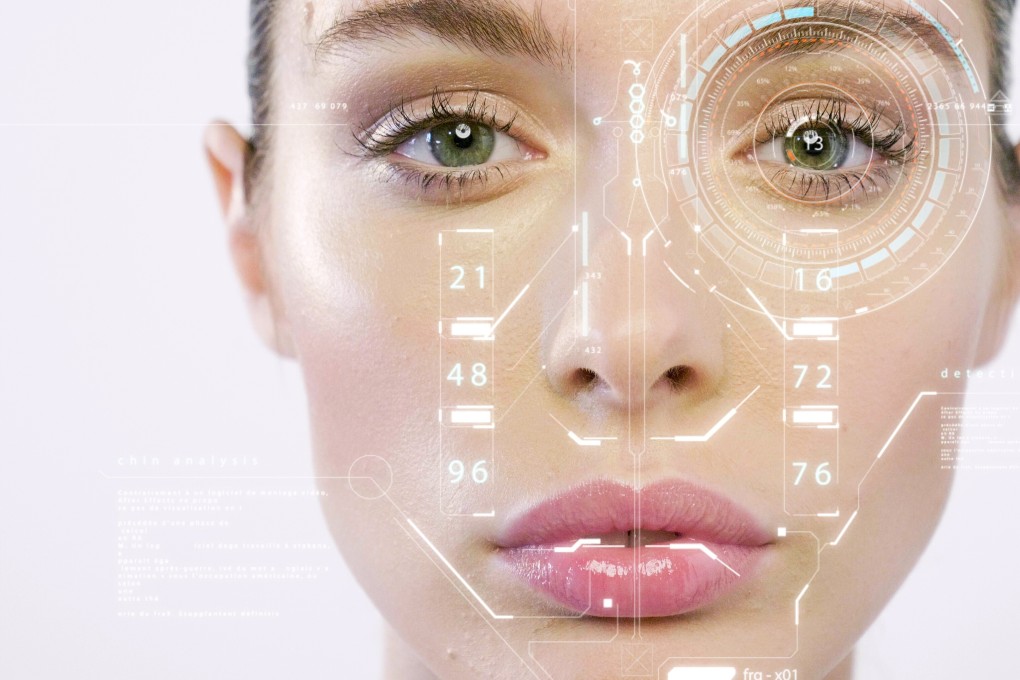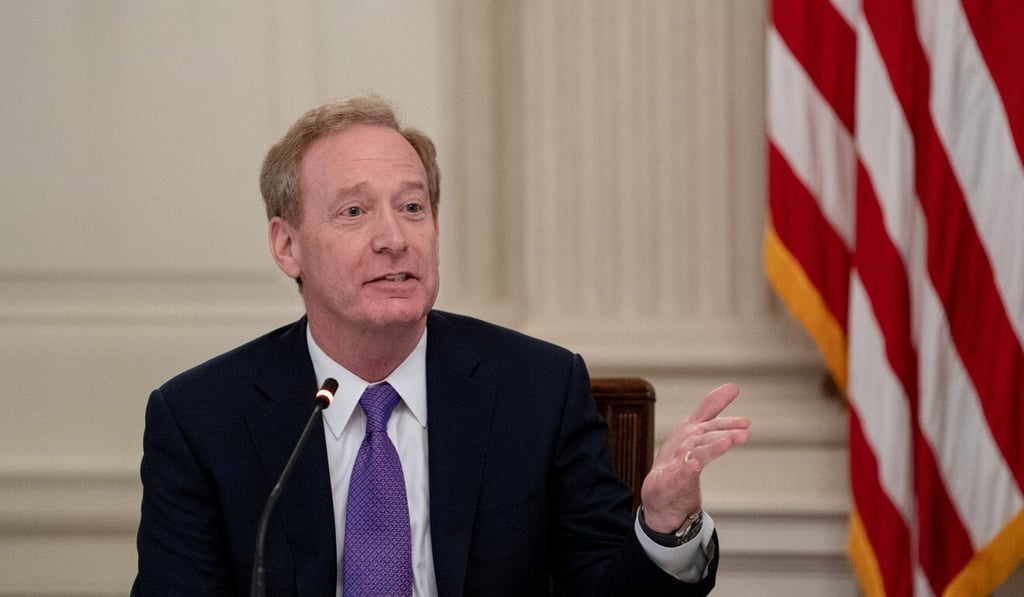Microsoft joins rivals in banning sales of facial recognition tech to police
- Amazon and IBM have also refused to sell the technology to police in the wake of the widespread Black Lives Matter protests sweeping the US

Microsoft on Thursday joined its Big Tech rivals in announcing it would not sell its facial recognition tools to law enforcement agencies in the absence of government regulations.
Microsoft president Brad Smith told a Washington Post event that the company has not sold its technology to police in the United States and would maintain that policy until there are laws in place “grounded in human rights”.

The comments followed similar moves by Amazon and International Business Machines and came as activists press tech firms to curb deployment of tech tools that may be used to discriminate against minorities.
“We will not sell facial-recognition technology to police departments in the United States until we have a national law in place, grounded in human rights, that will govern this technology,” Smith told the event.
“The bottom line for us is to protect the human rights of people as this technology is deployed.”